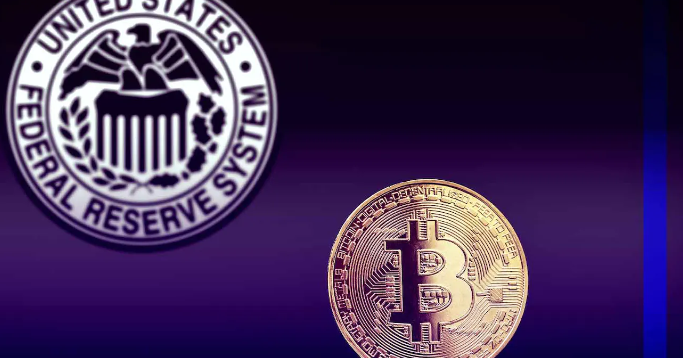CRYPTO — A group of Republican members from the House Financial Services Committee has raised concerns about the US Federal Reserve’s actions, alleging that they are hindering the development of federal regulations for stablecoins. The committee’s chair, Patrick McHenry of North Carolina, penned a letter addressed to Federal Reserve Chair Jerome Powell, arguing that the recent expansion of the Fed’s oversight into crypto-related activities at banks could impede the progress of regulatory efforts.
This development follows the Fed’s announcement on August 8th about new programs aimed at enhancing oversight over crypto-related activities within American banks, including state member banks. The Fed’s program outline outlined its intention to bolster supervision of activities like “crypto-asset custody, crypto-collateralized lending, facilitating crypto-asset trading, and engaging in stablecoin/dollar token issuance or distribution.”
In the letter dated August 23rd, McHenry and other signatories expressed concerns that the Fed’s recent actions could discourage financial institutions from participating in the digital asset ecosystem. Representatives French Hill of Arkansas and Bull Huizenga of Michigan also added their signatures to the letter.
The authors of the letter contended that it’s the role of Congress to establish a regulatory framework for stablecoins, as they can provide clarity and certainty for market participants. The letter also questioned the intent behind the Novel Activities Supervision Program created by the Fed, suggesting that it could impose additional regulatory burdens on banks looking to engage with crypto-assets.
As per earlier reports, Congress has the potential to override the Fed’s program if the related bill continues to advance through the legislative process. The bill has already made progress within the House Financial Services Committee, although committee Democrats raised objections during a vigorous debate earlier in the summer.
McHenry concluded the letter by requesting that the Federal Reserve address specific questions related to its evaluation process and its approach to state bank proposals. The interaction between regulatory bodies and legislators in the evolving landscape of crypto regulations remains a complex and dynamic issue.
